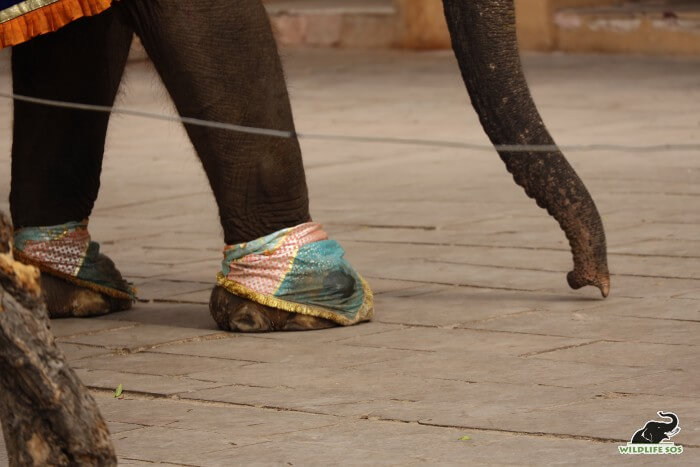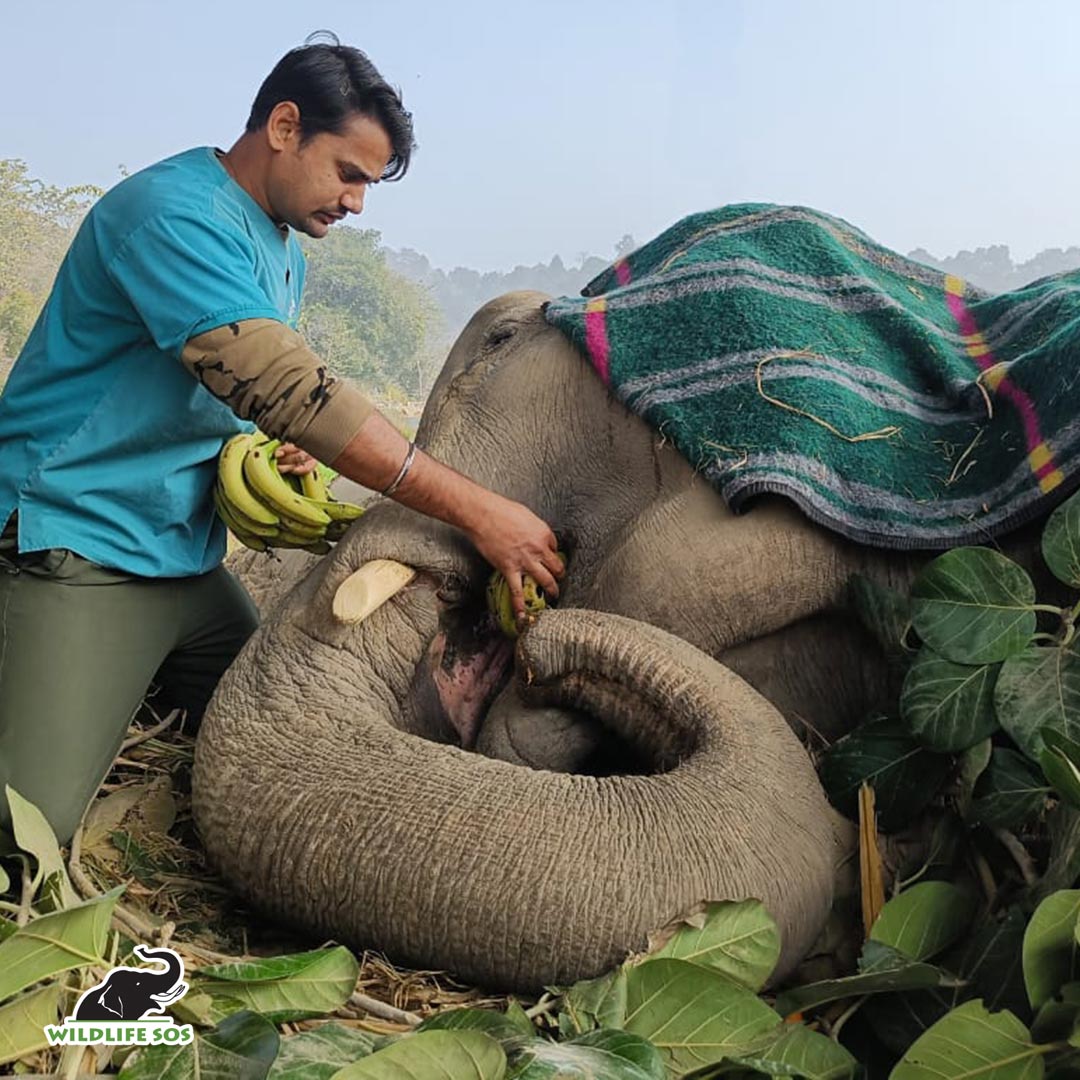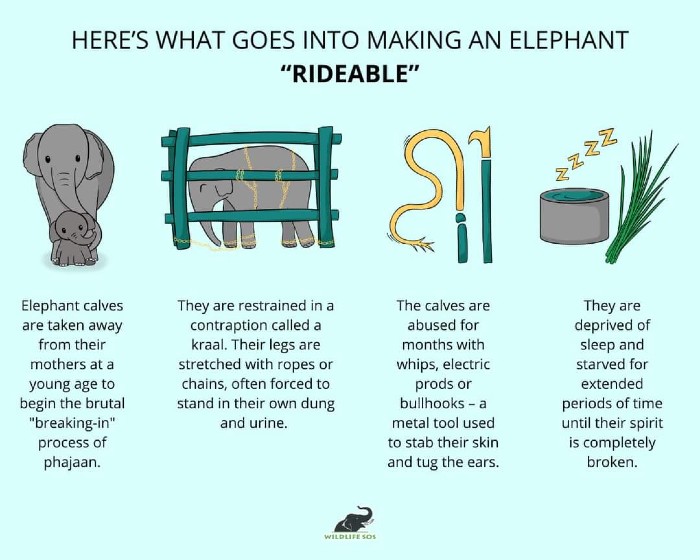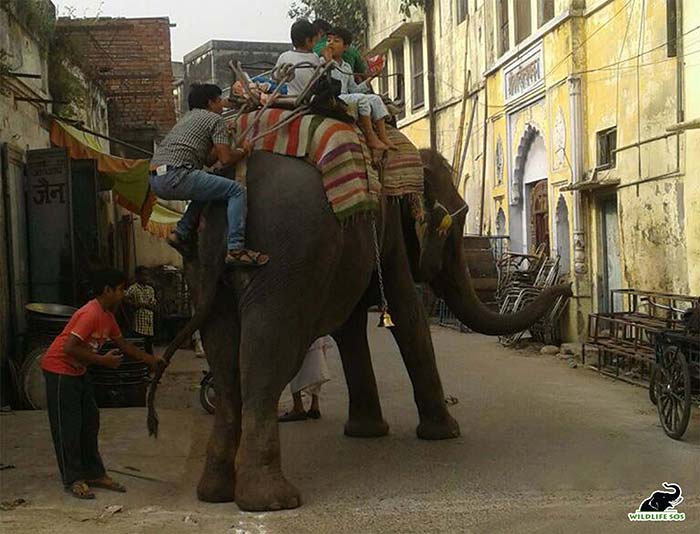In what can be described as a groundbreaking and liberal move, the British government has taken a stand against the sale and advertising of holidays that exploit animals. In latest developments, members of the UK Parliament have approved the proposal to ban tourist trips that promote the mistreatment of animals that also include elephants used for riding. Showing strong support, the government has approved the proposal but there is still a way to go before this becoming stringent law.
Implication of the Ban
Based on the UK government’s action plan on animal welfare released in 2021, the Animals (Low-Welfare Activities Abroad) Bill has made more propositions that include a ban on import of hunting trophies, fur and foie gras. This can be lauded as an extremely progressive move that mirrors the common view that many English nationals have towards animal cruelty and their support for animal welfare.
The implications of this bill – when it comes to pass – would have an impact on the countries of Asia, since elephants abused for the purpose of tourism is widespread in this part of the globe. Wildlife SOS has been spreading awareness about this for a long time, and therefore, views the bill as a welcome move. However, even after the bill is passed in their parliament, it would still be considered as only half the job done.

That’s because awareness among the general mass is equally crucial to root out the barbaric practice of torturing elephants for commercial purposes in the tourism industry. We have said it numerous times, and, will say this again. Riding on an elephant’s back is NOT right.
India’s Captive Elephants in Crisis
The ban on advertisement of unethical tourism will surely have an impact in India, where the plight of captive elephants has been a nuisance. Recently this year, Wildlife SOS bore witness to the tragic demise of two male elephants who had been suffering silently in captivity. In January, our team rushed to the aid of a severely injured 35-year-old bull elephant named Moti, who grabbed the world’s attention. For three weeks, our veterinary team and care staff tried their best to save Moti, but sadly, we lost him due to the graveness of his injuries.

Around the time of Moti’s tragic passing, another elephant named ‘Moti’ was enduring a similar fate. He was a geriatric bull elephant, nearly 70 years old. The common thread between the two elephants was that they were both forced to give rides, which resulted in their chronic and horrendous leg injuries. The tourism industry that used them for offering rides kept no provision for regular health check ups, and so, the difficulties these elephants faced kept accumulating until the situation became unmanageable.
When Wildlife SOS came to assist, our team did everything possible for the two elephants. But the injuries took a toll and both the elephants lost the uphill battle. Sadly, they are not the first of such victims, and many elephants suffer from life-threatening injuries every year in India due to abuse and poor medical care. The proposed ban will definitely curb the practice of luring tourists to opt for riding elephants, the very foundation of which is based on cruelty.
Why Say ‘No’ to Ride Elephants
Let’s start with the basics. Contrary to widespread beliefs, elephants are not meant to be domesticated. Instead, they belong to the forest and grassland biomes. Elephants are deemed to be important as they play a pivotal role in seed dispersal and the subsequent growth of forests. However, taming elephants involves a cruel process of breaking the animals’ spirit to the point where they are unable to protest out of fear of getting beaten.

The owners don’t even spare the old elephants, as long as they can be used to generate money. When not being ridden, the elephants are restrained and tied with spiked chains to concrete surfaces for a prolonged period. This forces them to stand in their urine and faeces, which can lead to a lot of foot-related infections.
Most importantly, due to their large size, elephants are taken for granted to carry people on a howdah (a type of saddle) or other heavy loads on their back. The owners might fool the tourists by saying that riding elephants does not hurt them. But this is far from the truth. Wildlife SOS has rescued several elephants from the tourism and riding industry who were found to have severe problems in their spine and terrible wounds on their backs from carrying heavy loads.

If you are a tourist visiting places where elephant rides are being offered, it is your responsibility to ‘refuse to ride’ and prevent animal cruelty. Look for signs of distress in captive elephants that will help you understand an elephant’s poor health condition. Wildlife SOS runs an active campaign called Refuse To Ride, wherein we urge tourists to abstain from riding elephants for the purpose of entertainment. You can visit our website to read more on our initiative and sign the petition to raise your voice in support of elephants!





